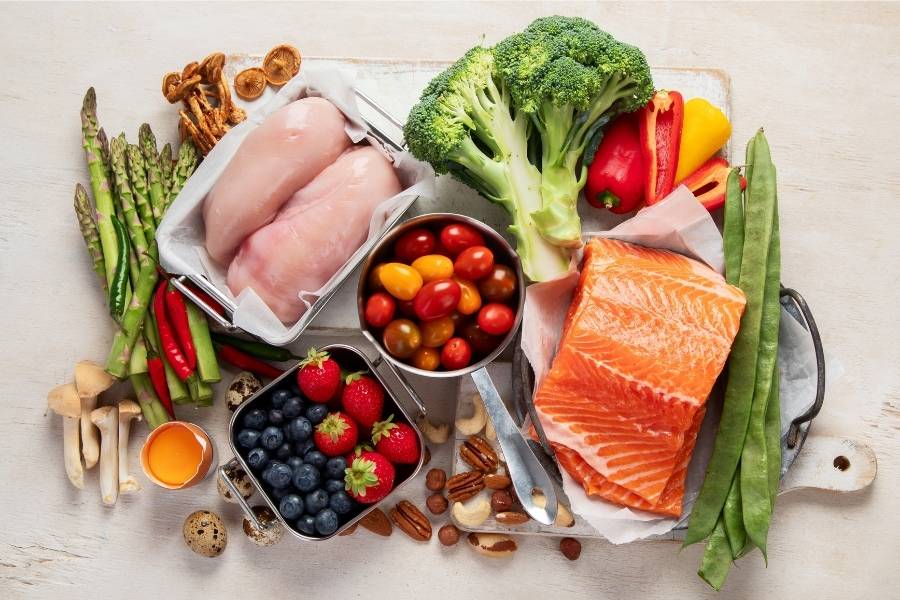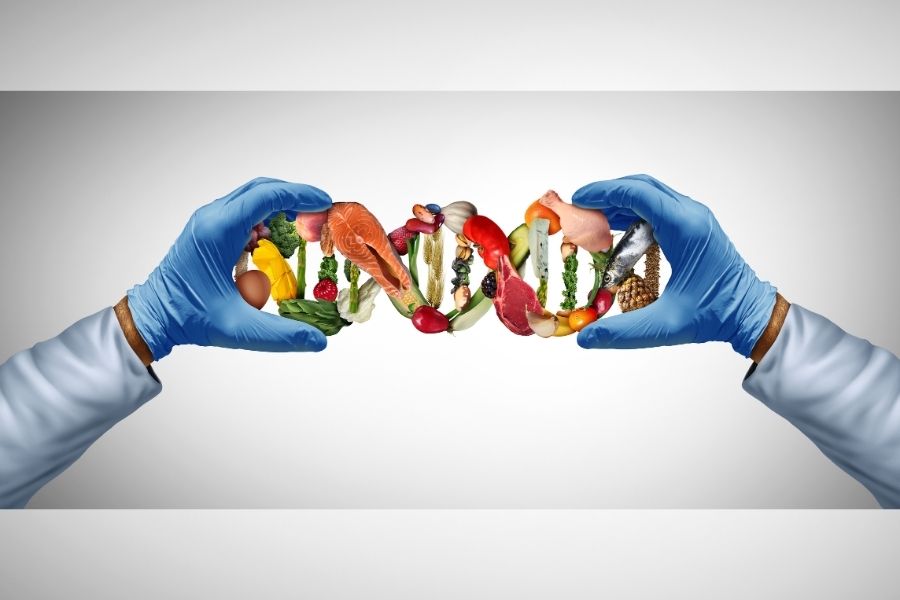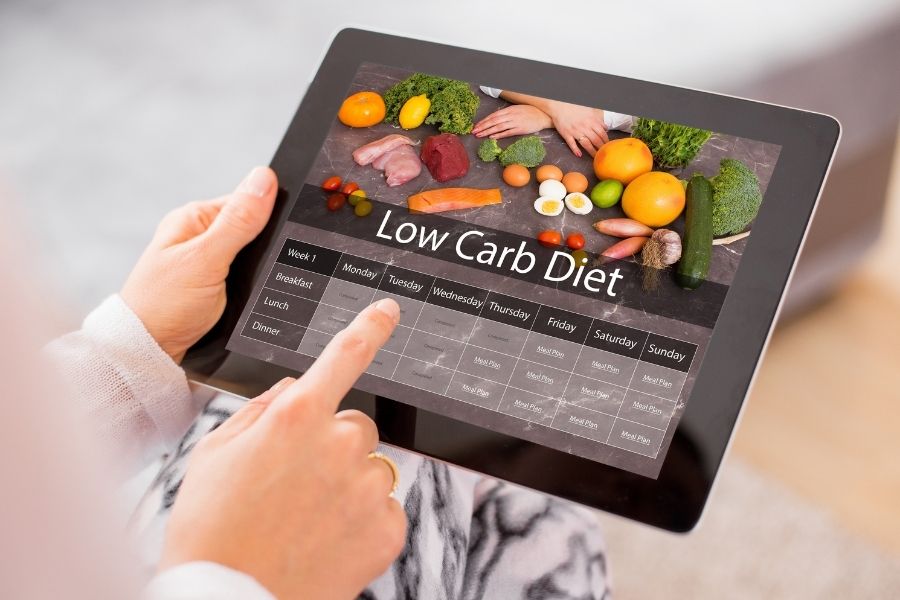Starting on a diet plan you saw on reels? Hold on. Do you know if it's meant for you?
Social media platforms are flooded with diet trends that promise quick weight-loss hacks and better health, but not all of them are safe.
This week, an 18-year-old girl from Thalassery in Kerala died after following an online weight-loss diet and surviving on water for months.
The incident has raised serious concerns about the influence of unverified health fads, especially among young people.
My Kolkata spoke to dietitians and doctors from Kolkata hospitals to understand the risks of following diets without expert guidance.
The rise of unhealthy diet fadsExperts warn that many of the online trends lack scientific backing and can lead to severe health complications. Online diet trends have led to an alarming increase in unhealthy weight-loss practices, they say. Many individuals, desperate for quick results, fall for extreme calorie restrictions, liquid-only diets, ‘detox’ cleanses, and high-protein, zero-carb plans. Some even take up influencer-driven ‘challenges’ that promise rapid weight loss, but compromise essential nutrition.
“The appeal of quick results often overshadows the hidden dangers of these diets,” said Sonam Gupta, clinical nutritionist at ILS Hospitals. “Misinformation on social media and unverified advice from non-experts further contribute to the problem. Many of these diets are not tailored to an individual’s health needs, leading to serious medical complications.”
What starts as a simple attempt to lose weight can quickly spiral into chronic health problems, sometimes with irreversible consequences.
Trends causing more harm than good

The keto diet, which is a strictly high-fat and low-carb regimen originally developed for controlling epilepsy, when conducted uncontrolled, can induce electrolyte imbalance, liver overstrain, and digestive disturbances Shutterstock
Ipsita Chakravarti, head of the department of Dietetics at Calcutta Medical Research Institute (CMRI) Kolkata, has noticed the popularity of ketogenic, Atkins, paleo, and detox diets as well as intermittent fasting advice online. She said these diets may result in severe nutritional deficiencies.
“Take, for instance, the keto diet, which is a strictly high-fat and low-carb regimen originally developed for controlling epilepsy,” she pointed out. “When conducted uncontrolled, it can induce electrolyte imbalance, liver overstrain, and digestive disturbances. Similarly, the Atkins diet, which promotes a protein and low-carbohydrate diet, can affect the kidneys and cause nutrient deficiencies.”Chakravarti also threw light on other extreme fads, such as the cabbage soup diet,
“Any sort of detox diet is particularly dangerous because they starve the person of essential nutrients, which in turn causes muscle wastage and injuries, fatigue, dehydration, and poor immunity.”
Wrong practices can cause death

Beyond diet, excessive exercise without proper medical evaluation can also pose serious risks, especially for fitness enthusiasts Shutterstock
Dr Saptarshi Basu, associate consultant, general medicine and in-charge, health check-up and home care at Woodlands Hospital, has noted gym trainers giving out diet advice among the most popular trends on social media.
“Gym trainers, with no expertise in nutrition, give diet advice. He is flaunting his muscles, and for a person, who aspires to build muscles like him, will blindly follow him. About 70 to 80 per cent is the role of the diet, whereas 30 per cent is exercise, gymming and other physical activities. If you're working out hard but not having a proper diet, then your body will not sustain. Most importantly, the diet should be proper with adequate calories,” Basu advised.
Beyond diet, excessive exercise without proper medical evaluation can also pose serious risks, especially for fitness enthusiasts.
“In my clinical practice, I’ve seen many people experience respiratory distress, excessive sweating, or even mild chest pain after heavy workouts. In some cases, even seemingly fit individuals have suddenly collapsed and died,” warned Basu.
He also underlined the need for individuals engaged in intense training to undergo medical screenings like cardiac CT angiography, which can detect serious congenital heart anomalies.
“If someone has an undiagnosed myocardial bridge — where an artery runs through the heart muscle — heavy training can suppress oxygen supply to the heart and trigger a cardiac arrest,” he explained.
His advice for those experiencing symptoms like chest pain, breathlessness, or excessive fatigue is to consult a doctor before going for high-intensity training.
“We have seen cases where athletes collapse on the field, especially in football or rugby, due to undiagnosed heart conditions. Knowing your body’s limits and seeking medical advice is crucial before pushing too hard,” he said.
No one-size-fits-all

A sustainable diet should be planned with a nutritionist or dietitian, ensuring slow, steady weight loss without mental stress or nutritional deficiencies Shutterstock
One of the misconceptions about dieting is that a plan can work for anyone.
Dr Tanmay Banerjee, head of the department of Internal Medicine and Critical Care at Medica Superspeciality Hospital, warned against following online diet trends and said that emphasis should be given to individualised nutrition.
“There is no one-size-fits-all diet. It has to be planned according to the individual’s lifestyle, weight-loss target, and overall health. You cannot just download a diet plan from the internet and expect it to work for everyone,” he said.
Extreme diets like keto, paleo, and intermittent fasting come with risks, including cardiac issues, nutritional deficiencies, and metabolic imbalances.
“Keto diets, for example, can increase the risk of atherosclerosis and heart disease. Extreme dieting can also cause gallstones, irregular periods in women, infertility and osteoporosis due to micronutrient deficiencies,” Banerjee warned.
Rapid weight loss is what many people seek, but often it leads to rebound weight gain once you start eating without counting calories.
“When you follow a very strict diet, your basal metabolic rate (BMR) drops. The moment you go back to normal eating, your body gains weight faster,” Banerjee explained.
Before starting any diet, he advised getting basic health tests – like haemoglobin, thyroid function and blood sugar levels – done to ensure a safe approach.
“A sustainable diet should be planned with a nutritionist or dietitian, ensuring slow, steady weight loss without mental stress or nutritional deficiencies,” he summed up.
